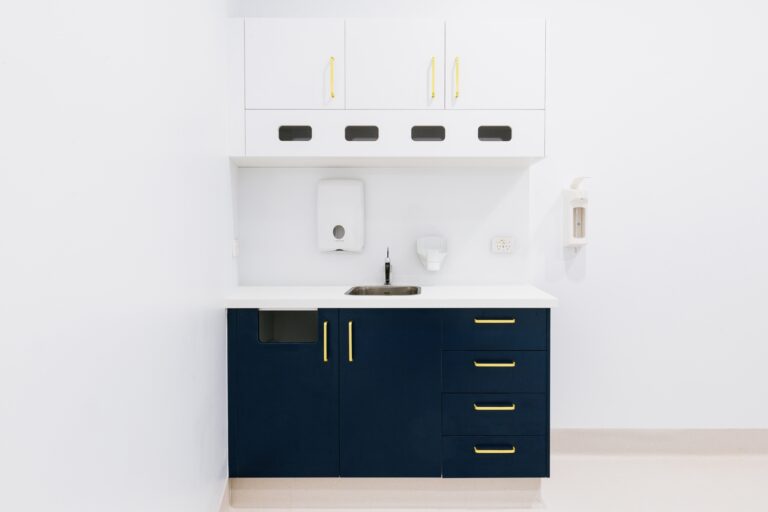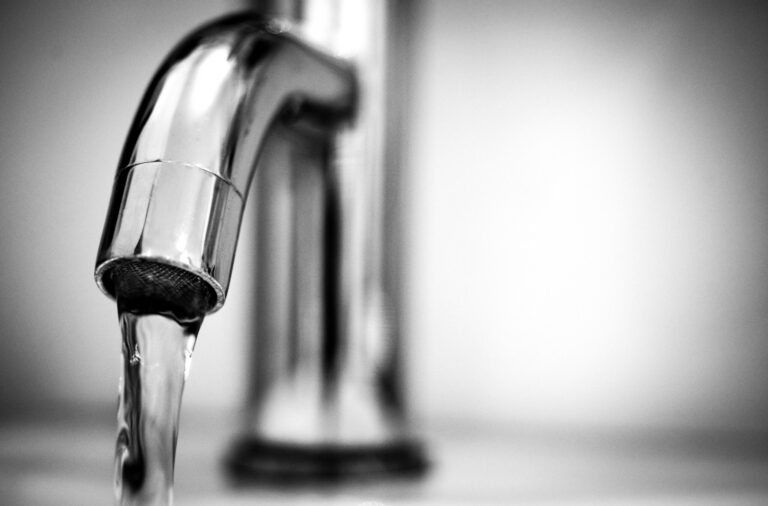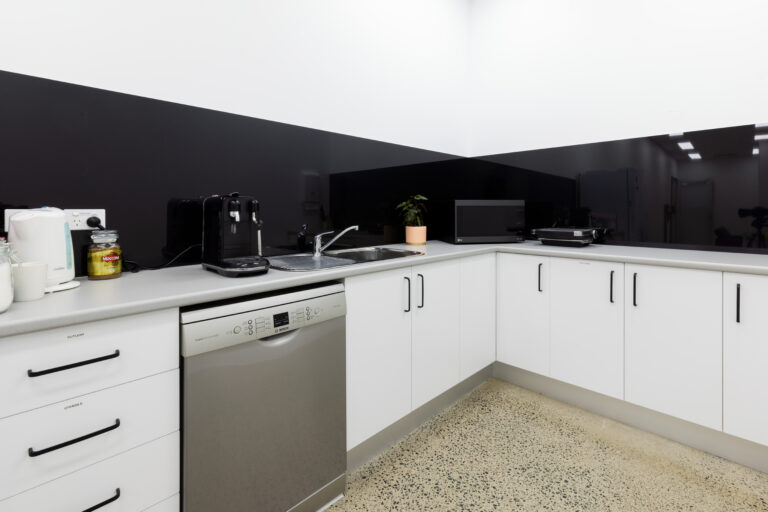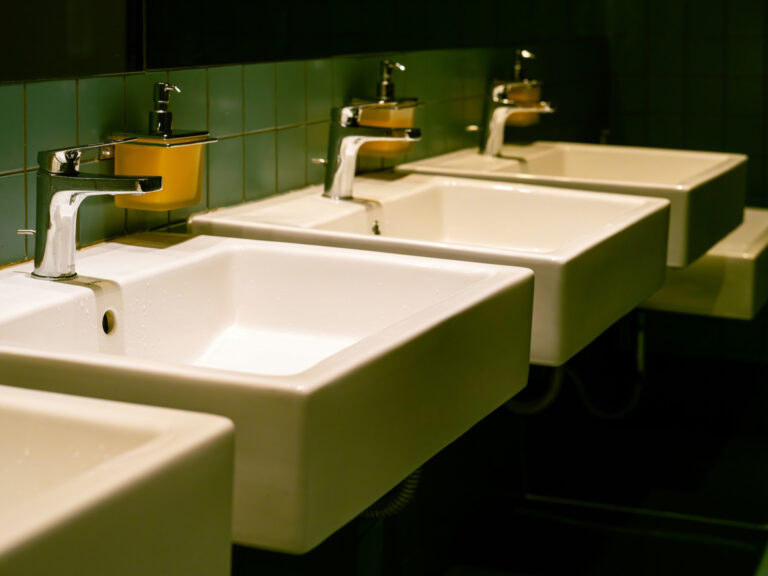Most businesses call a plumber when something breaks or they need a big plumbing job done, but for dentists, it’s even more important to get the plumbing right.
A dental office has some of the trickiest plumbing around because they use water in many different ways every day.
Here are some of the main plumbing things dentists have to think about when setting up their clinic.
1. Design & Layout Planning: Creating A Functional And Efficient Flow
The way you design and set up your new space is super important for how well it works. If your space is small (about 50–80 square metres), you need to use every bit of it wisely. Whether it’s a dental clinic or an office, planning clear areas for different activities helps everything run smoothly and efficiently.
Here are some key things to think about:
- Work Areas: Make sure there’s enough room for your equipment, like dental chairs, desks, or displays and that people can move around easily. The space should feel comfortable for both your staff and your clients.
- Sterilisation or Storage Areas: If you’re running a dental clinic, you must have a separate area for cleaning tools or storing supplies to meet safety laws. Other types of businesses also need good storage areas to keep things safe and organised.
- Public and Private Spaces: If you work with customers or patients, like in a dental office or shop, the layout should make it easy for people to move from the front area (like reception) to the work areas. This makes the place feel welcoming and helps everyone feel less stressed.
A smart layout not only makes your space easier to work in but also helps you follow important laws and regulations, like keeping patient or customer information private and meeting health standards.
2. Construction & Building: Ensuring Compliance And Quality
Once your design is finished, it’s time to start building. No matter what kind of business you have, your space must follow the law; things like building codes, safety laws, and accessibility standards. This keeps your space safe, comfortable, and easy to use.
Here are some important things to think about while building:
- Soundproofing: If your business uses noisy tools; like dental drills, hairdryers, or machines, soundproofing helps keep the space calm and comfortable for both your staff and customers.
- Durable Flooring: Pick floors that are strong and easy to clean. Busy areas like hallways, waiting rooms, or workspaces need floors that won’t get slippery and can handle lots of people walking on them every day.
- Storage Solutions: Every business needs good storage. Whether you’re keeping dental tools, papers, or products, make sure you have built-in shelves or cabinets that are easy to reach and help keep everything tidy.
Finally, make sure the builder or contractor you hire has experience working on your type of business and knows all the laws and regulations your space needs to follow.
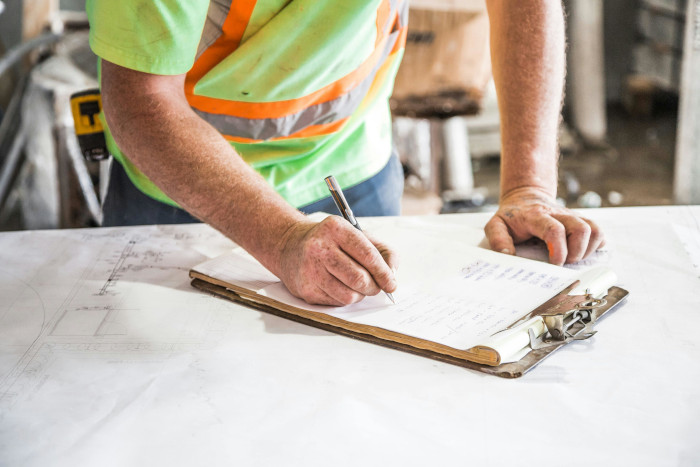
Have The Right Pipe Installation And Drainage
One of the most important parts of safe and effective dental plumbing is drainage, how water and waste flow out of your clinic. Depending on how your building is built, setting up drainage can get tricky.
Here are a few things to think about:
- Does your clinic have a basement? (That’s uncommon, but if it does, basement plumbing can sometimes be easier to install and even cheaper.)
- Is your clinic on an upper floor with other offices below? (If so, you’ll need to plan carefully before adding pipes so you don’t cause problems for the floors underneath.)
- Do you have concrete floors? (That can make installing plumbing more challenging, since cutting into concrete takes extra work and planning.)
Consider Multiple Basins
Every dental chair needs its own water supply, and every sink has to be connected to the clinic’s main water system. Each room also needs its own sink so dentists and hygienists can wash their hands.
Depending on how big your clinic is, that could mean 5, 10, or even 20 sinks! And the more sinks and chairs you have, the more pipes and water connections you’ll need.
3. Equipment Setup: Choosing The Right Tools For The Job
When setting up your new space, having the right equipment is super important. Whether you’re building a dental clinic with treatment chairs and cleaning machines or setting up a kitchen with professional appliances, your equipment needs to fit well, follow the laws and regulations, and do the job properly.
Here’s what to keep in mind:
- Comfort and Design: Choose equipment that’s comfortable and easy to use, like dental chairs, desks, or tools made to reduce strain. This helps your team work better and feel less tired.
- Technology: Most businesses today need technology. For example, dentists use computers for patient records, and shops use checkout systems. Make sure your space is ready for the tech you’ll need.
- Be Compliant: Some businesses, like dental clinics or restaurants, have to meet special safety and health standards. For example, dentists must use equipment that prevents infection, and kitchens must use gear that’s safe for food preparation.
It’s always a good idea to get help from experts in your industry. They’ll make sure your equipment is installed correctly so you can focus on running your business instead of fixing problems.
4. Electrical & Plumbing: Getting The Basics Right
Every new business space needs careful planning for both electricity and plumbing. These are super important parts of your fit-out. Whether you’re adding power outlets for machines, setting up bright lighting, or installing water systems, everything has to follow local safety regulations and work the way your business needs.
Here’s what to think about:
Electrical Needs:
Make sure you have enough power outlets for all your equipment and good lighting in both work areas and places where customers go. Plan this early so you don’t have to fix problems later.
Plumbing:
If your business needs water, like a dental clinic or a restaurant, you’ll need a strong water supply, proper drainage, and safe waste systems.
Always hire licensed electricians and plumbers. They’ll make sure everything is installed safely, works properly, and meets all the regulations in your state.
5. Furniture & Fixtures: Combining Style With Practicality
Furniture and fixtures are a big part of setting up any business, whether it’s a dental clinic or a shop. They should be strong, useful, and comfortable but also make your space look nice and professional.
Here are some simple tips:
- Reception or Customer Areas: This is where people first see your business, so make it friendly and welcoming. Choose comfy chairs for customers and staff, and aim for a clean, professional look.
- Work Areas: In a dental clinic, you’ll need good-quality furniture like dental chairs and sturdy counters. In an office or shop, make sure desks, shelves, and displays are strong, easy to clean, and built to last.
- Storage and Organisation: Every business needs good storage. Shelves, drawers, and cabinets help keep your space tidy and make things easy to find.
Lastly, make sure your furniture follows local safety and accessibility regulations so everyone including people with disabilities can use your space comfortably.
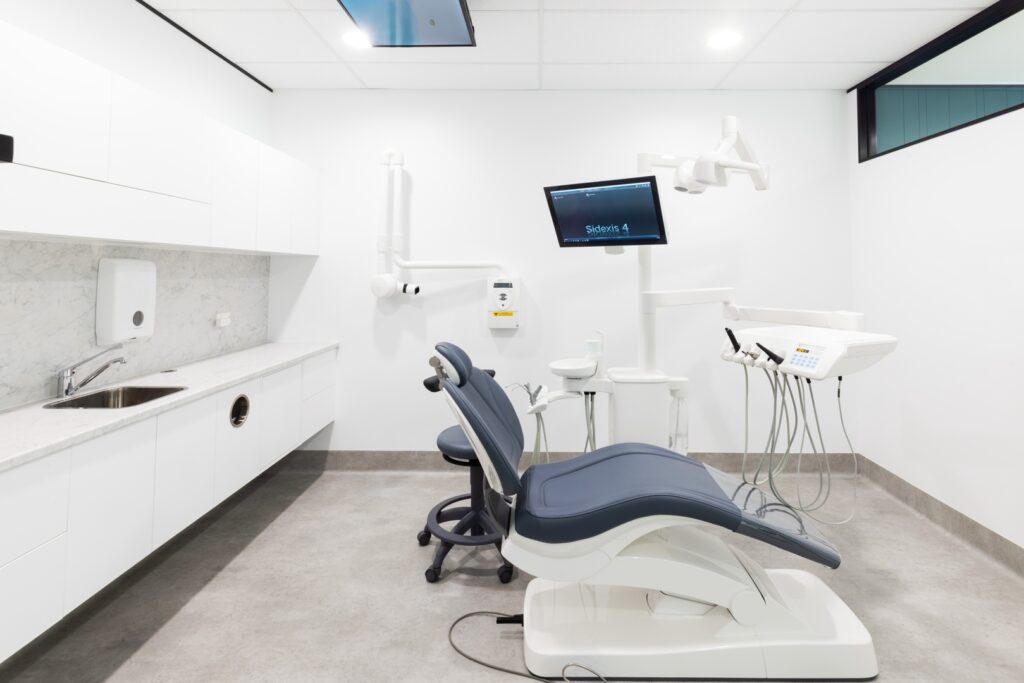
Create Comfortable Staff Facilities
Many modern dental clinics are starting to feel more comfortable and stylish instead of cold and clinical while still keeping everything safe and clean. They’re adding fancy equipment and designing spaces that help patients feel relaxed.
At the same time, some dental clinics are also improving the spaces for their staff. Instead of just having a tiny tea room, they now include proper kitchens or kitchenettes, private bathrooms, and even showers for staff to use.
6. Safety & Compliance: Meeting All Regulatory Requirements
Following safety regulations put in place is one of the most important parts of setting up any business. Whether it’s meeting health and safety standards for a dental clinic or following fire safety laws for another type of business, your space must be designed to follow all the right regulations.
Here’s what to pay attention to:
- Infection Control: If your business deals with healthcare, food, or anything that needs to stay clean, you must stop germs from spreading. This means using materials that are easy to wipe clean, setting up special areas for sterilising tools, and keeping strict cleaning routines.
- Building Code Compliance: Your space must follow local building laws. That includes making sure it’s safe for people with disabilities, has strong structures, and meets all safety standards.
- Fire Safety: You’ll need to follow fire safety laws too. That means having proper fire exits, working alarms, and fire extinguishers in the right spots.
It’s always best to work with a fit-out professional who knows your local building and safety refulations, so everything is done correctly from the start.
7. Local Council & Zoning Compliance: Ensuring Legal Approval
Before you start building your dental clinic, you must follow your local council’s regulations and laws. These regulations and laws make sure your space is safe, legal, and ready to use and they help you avoid expensive delays later.
Here’s what to check:
- Zoning & Permits: Make sure your location is allowed to be used for a dental clinic. You’ll also need special permits for things like building work, putting up signs, and handling waste.
- Noise & Operating Regulations: Some councils limit how loud your equipment can be or what hours you can operate, especially if your clinic is near houses.
- Building Approvals: Before you start building, your plans must meet local laws and regulations for fire safety, accessibility, and building strength. Always get your plans approved by the council first to avoid problems later.
Individual Protection
The National Construction Code – Volume 3, Plumbing Code of Australia (PCA) classifies dental equipment as a medium hazard when it comes to protecting water safety.
If multiple dental chairs share the same water supply, each one must have its own medium hazard backflow prevention valve. This makes sure that water from one dental chair can’t flow backward and contaminate the clean drinking water system.
Zone Protection
Rooms with lots of dental equipment like Autoclaves or Disinfectors must have their drinking water protected by a high-hazard backflow device. This keeps the clean water from being contaminated by any used or dirty water.
Important note:
Sinks or fixtures used for personal hygiene, such as hand basins or kitchen sinks, can’t be connected to a water line that comes after a backflow prevention device. This helps make sure people always have access to clean, safe water.
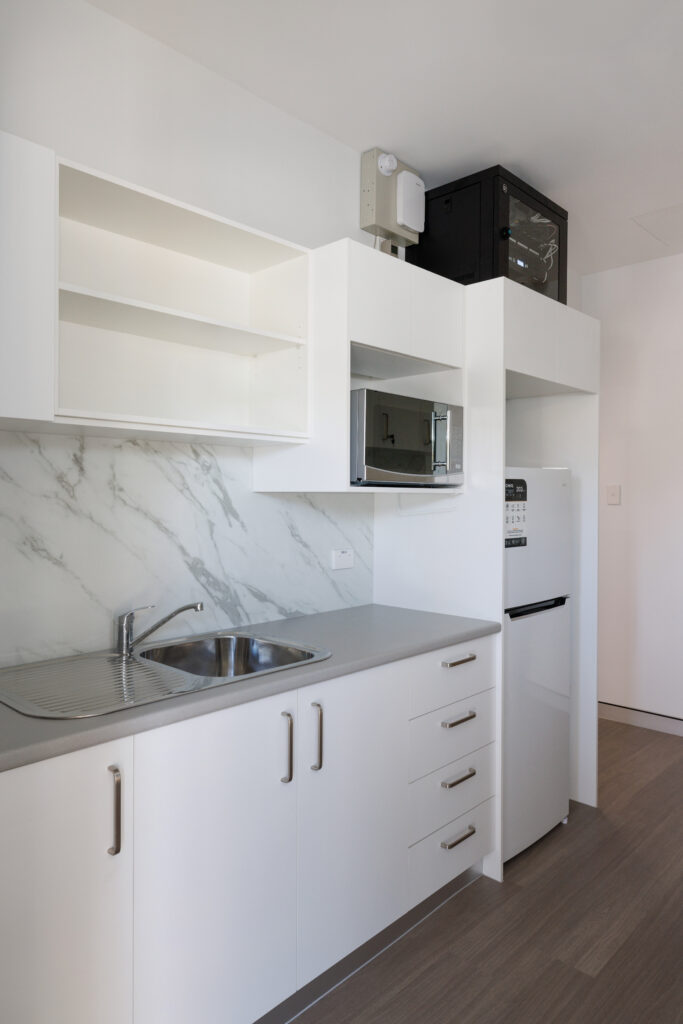
Containment Protection
Dental clinics (also called dental surgeries) are known as Class 9A buildings under the building laws. These types of buildings must have a high-hazard backflow device to keep the water supply safe and stop any dirty water from flowing back into the clean water system.
Containment For Mixed Use Buildings
Some buildings are used for more than one purpose, which means they can have more than one building classification. When that happens, the water safety system (called containment protection) must follow the regulations and laws for the highest classification to make sure everything stays safe.
There’s No Compromise When It Comes To Dental Plumbing
Next time you’re sitting in the dentist’s office flipping through magazines, take a look around and think about how much water is being used from the sinks and dental chairs to the cleaning equipment. It quickly becomes clear how important it is to plan and build a dental clinic carefully!
Setting up proper plumbing and systems can take up a big part of your budget, which is why it’s worth investing in quality work and professional help.
If it’s not done right the first time, you could end up wasting time and money fixing mistakes or worse, your whole practice might have to shut down.
Get the job done right. the first time and contact Crew Plumbing
